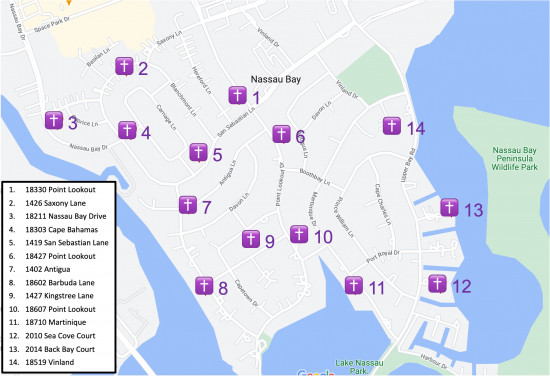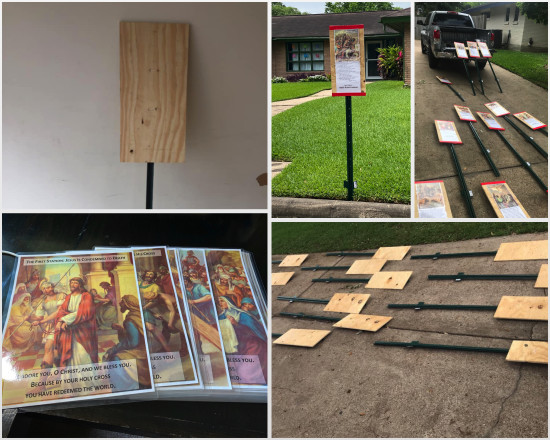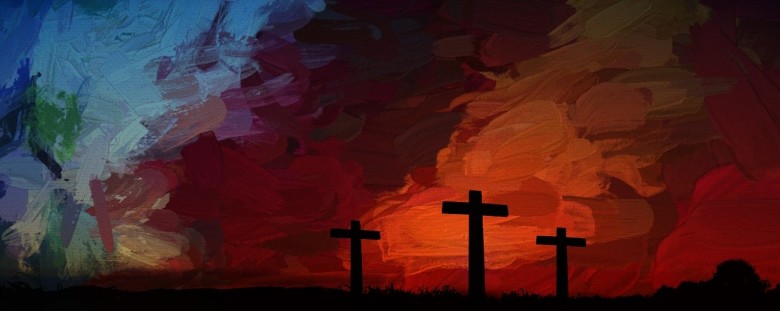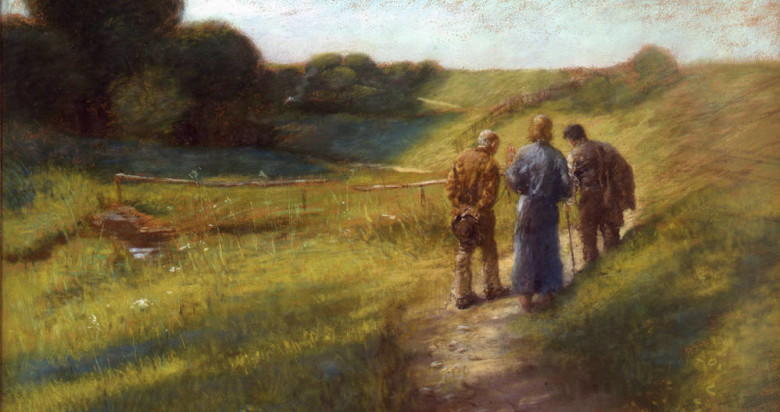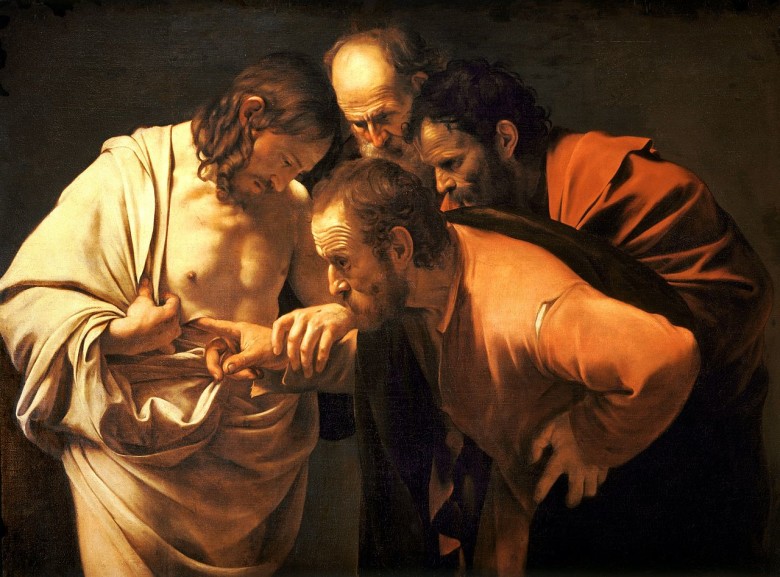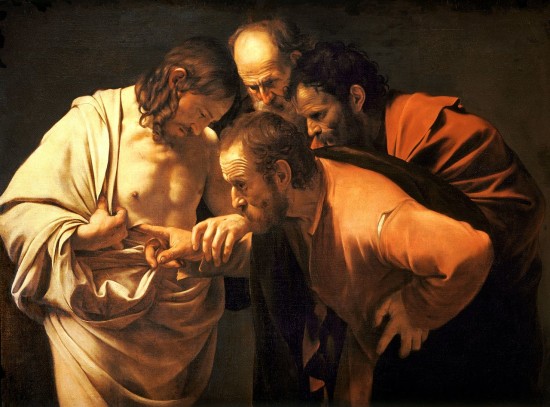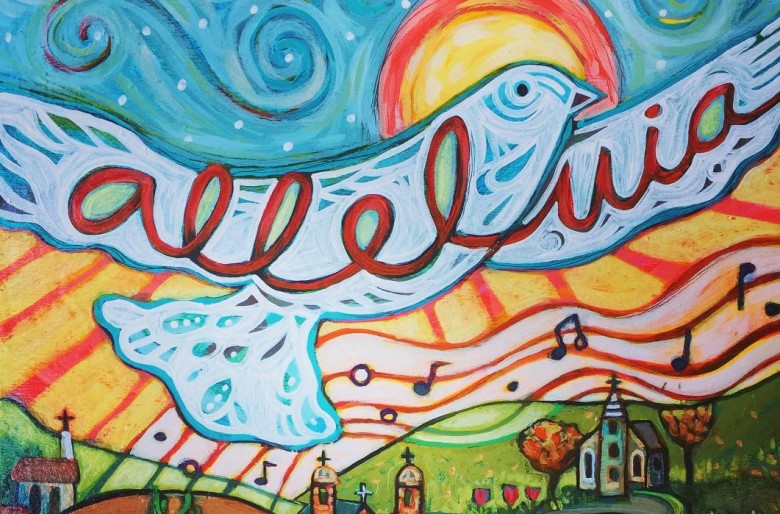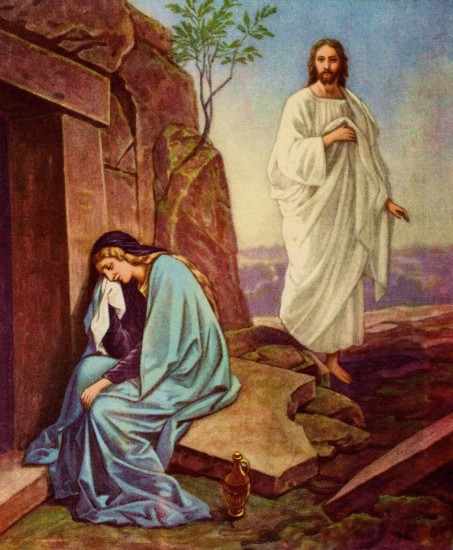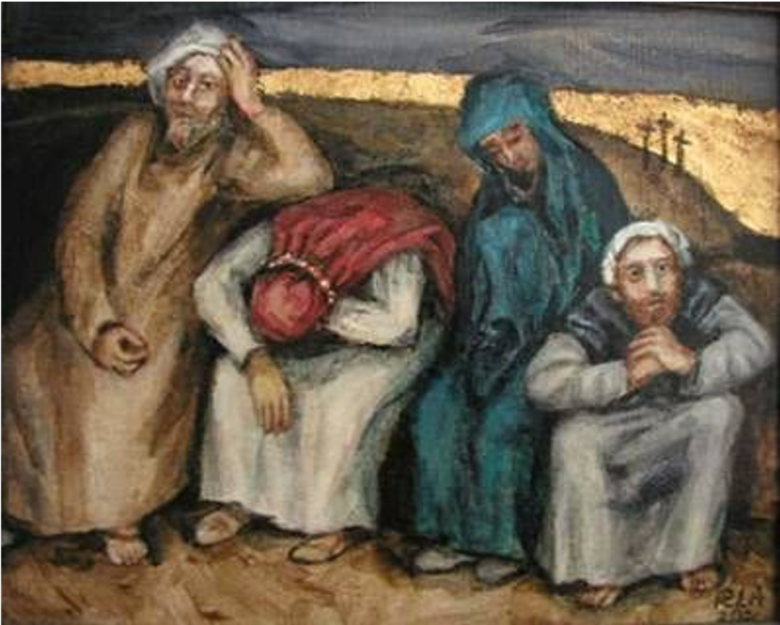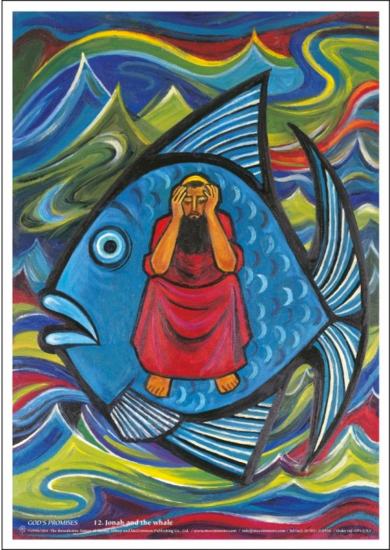The Road to Emmaus (Luke 24:13-35) is one of my all-time favorite Gospel passages to meditate on because there’s just so much there!
It’s a story of journeying in faith. It’s a story of accompaniment: journeying in faith with one another and Christ.
I love how this painting of The Road to Emmaus by Daniel Bonnell helps me imagine myself on that journey with Christ.
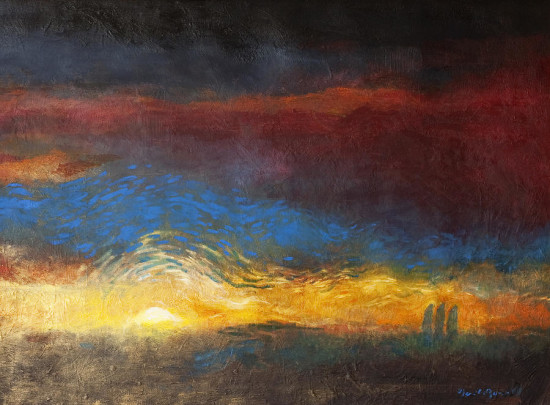
I think about all who have walked alongside me for a part of my journey in life and faith—both friends and family, in both good times and bad. The image of Christ walking alongside, bringing clarity and insight to our conversations sits deep within my heart.
Think about the times in your life when someone has accompanied you.
Were you able to recognize Christ’s presence or were your eyes “prevented from recognizing him” (Lk 24:16)?
I love how the disciples tell Jesus about what happened to Jesus. It’s like telling God how to do his job! I’ll be the first to admit: I have tried to tell God that whatever was happening wasn’t part of my plans! (Like how hard is it to check the calendar before a crisis befalls?) I imagine Jesus smiling and gently laughing to himself at the absurdity.
Despite knowing what he meant, I still flinch when I hear Jesus’ response to the disciples’ glum interpretation of events: “Oh how foolish you are!” (v.25). Of course Jesus didn’t utter this as a disrespectful insult; that would’ve been inconsistent with his entire way of being. The word “foolish” was more akin to “slow-of-heart,” like the Texas-expression, “Bless your heart; that’s adorable!” Or simply “Don’t be ridiculous!”
Because: Don’t be ridiculous – of course the Messiah had to suffer (v.26). Still, it’s so hard for us to understand why bad things happen to good people. We get stuck on the WHY. The disciples on the Road to Emmaus got stuck on the WHY.
Have you ever gotten stuck on “WHY?”
Although we have the benefit of a post-Resurrection reading of events, the disciples didn’t. Perhaps they were unable to recognize Jesus because it was simply inconceivable that the Messiah would suffer and die.
Technically, yes, the idea that the Messiah had to suffer and die was in Scripture, but it was subtle. Like when I was a kid, my mother often accused me of having selective hearing—something my 12 & 13 year old sons seem to have perfected. The message was there, but it wasn’t what people wanted to hear, so they didn’t hear it.
Perhaps it was only because Jesus re-interpreted all of Scripture for them on the journey, that they could begin to understand.
What are some insights that you are only beginning to understand at this point in your journey?
I love that the story could have ended there. The disciples could have gleaned that insight (Scripture says the Messiah had to suffer and die) and gone off to share what they learned with others.
But instead, as Jesus gave the impression he was going to go, the disciples extended hospitality, “Stay with us” (v.29), and everything changed. We know that they recognized him in the breaking of the bread (v.30-31), but that only happened because they invited him in, and through that invitation to relationship, Christ’s presence became apparent.
Not being able to have people over… not being able to share Easter Sunday dinner with family and friends… not being able to break bread with the Church community and receive Christ in the Eucharist… not being able to literally walk alongside people who are suffering the loss of loved ones… these are among the most difficult parts of the Coronavirus.
What are the most difficult parts of this pandemic for you?
I know I encounter Christ when I extend hospitality; when I invite people in… but I never considered the need to invite Jesus in. I assume he’s there—in faith, I know he’s there. But perhaps I’d more readily recognize his presence if I would invite Jesus in.
How readily do you recognize Christ’s presence?
Do you invite Jesus in?
My favorite verse from this passage is absolutely when the disciples say to each other, “Were not our hearts burning within us” (v.32). There have been so many times that I have realized that my heart is on fire! When I do something with the passion that comes from God-given gifts and talents… when I experience a deep connection with someone in a great conversation… when my husband and I experience the synergy of the whole is greater than the sum of the parts… when I have that moment with one of my kids. These are the times my heart was burning within me; these are the times Christ’s presence was intimately known in the depths of my soul.
When have you recognized your “heart burning within”?
Along my life’s journey, I have gotten better at recognizing these moments as encounters with the divine. The story of the Road to Emmaus is a fantastic reminder that our life—our faith—is a journey with Christ, whether we recognize it or not. Though that journey, our faith and our lives are forever changed when we do recognize that Christ has been in our midst all along.
Banner image: Road to Emmaus (1891) by Fritz von Uhde
